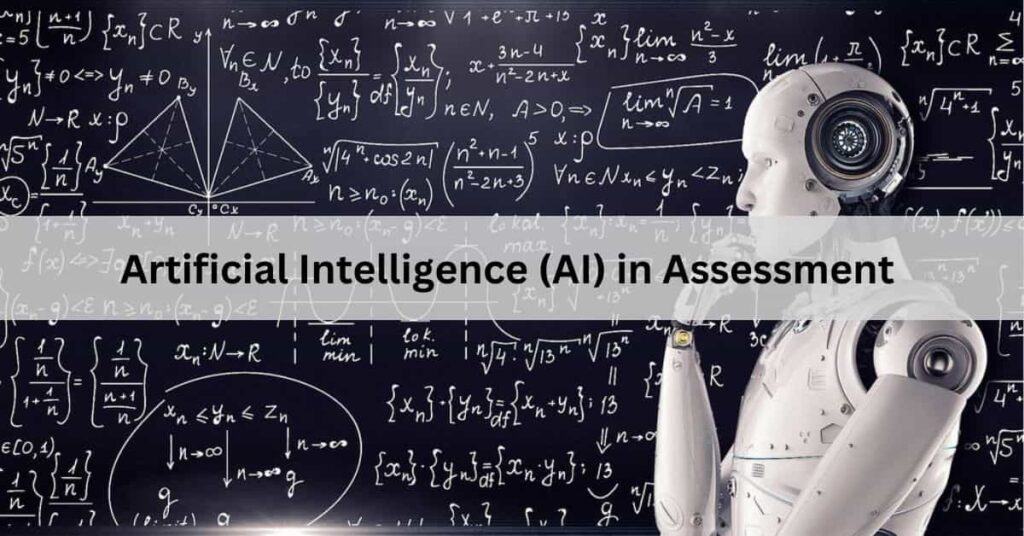Artificial Intelligence (AI) has significantly transformed various sectors, and education is no exception. In recent years, AI has been increasingly integrated into assessment processes, offering innovative solutions to enhance learning evaluation. Here’s a comprehensive exploration of AI in assessment and its impact on education:
Understanding AI in Assessment
AI in assessment refers to the use of artificial intelligence technologies to automate and enhance various aspects of educational evaluation. This includes grading, feedback generation, performance analytics, and personalized learning pathways tailored to individual student needs.
Benefits of AI in Assessment
- Efficiency and Speed: AI algorithms can process and evaluate assessments at a much faster rate compared to traditional methods, saving time for educators and students alike.
- Personalization: Adaptive learning systems powered by AI can customize learning experiences based on student performance, preferences, and learning styles.
- Accuracy and Consistency: AI-driven assessments provide consistent grading and feedback, minimizing human bias and errors.
- Data-Driven Insights: AI analytics offer deep insights into student learning patterns, strengths, weaknesses, and areas needing improvement.
Applications of AI in Assessment
- Automated Grading: AI algorithms can assess objective and subjective questions, including essays and projects, providing instant feedback to students.
- Adaptive Learning Platforms: AI-powered systems adjust learning content and difficulty levels based on real-time performance data, optimizing learning outcomes.
- Behavioral Analytics: AI analyzes student behavior, engagement levels, and interaction patterns to gauge learning effectiveness and student satisfaction.
- Predictive Analytics: AI predicts student performance trends and identifies at-risk students, enabling early intervention strategies.
Implementing AI in Assessment
- Technology Integration: Collaborating with AI technology providers to integrate assessment tools into learning management systems (LMS) and educational platforms.
- Training and Support: Providing faculty and educators with training on AI tools, data privacy considerations, and ethical use of AI in education.
- Feedback Mechanisms: Developing robust feedback mechanisms to incorporate AI-generated insights into instructional strategies and student support services.
Challenges and Considerations
- Ethical and Privacy Concerns: Ensuring transparency in AI algorithms, protecting student data privacy, and addressing ethical implications of AI-driven assessments.
- Bias and Fairness: Mitigating biases in AI algorithms that could affect assessment outcomes, particularly in subjective evaluations.
- Cost and Infrastructure: Investing in AI technologies and infrastructure that support scalable and reliable assessment solutions.
Future Trends in AI Assessment
- Natural Language Processing (NLP): Advancements in NLP enable AI to analyze and assess complex written responses with human-like understanding.
- AI-Enhanced Proctoring: AI-powered proctoring tools for secure online assessments, detecting cheating behaviors and ensuring exam integrity.
- Continuous Learning Models: AI supports lifelong learning by providing personalized feedback and recommendations beyond traditional educational settings.
Conclusion
AI in assessment represents a transformative shift in how educational institutions evaluate learning outcomes and support student success. By harnessing the power of AI-driven analytics, personalized learning experiences, and efficient evaluation processes, educators can better prepare students for the challenges of the 21st-century workforce.

















